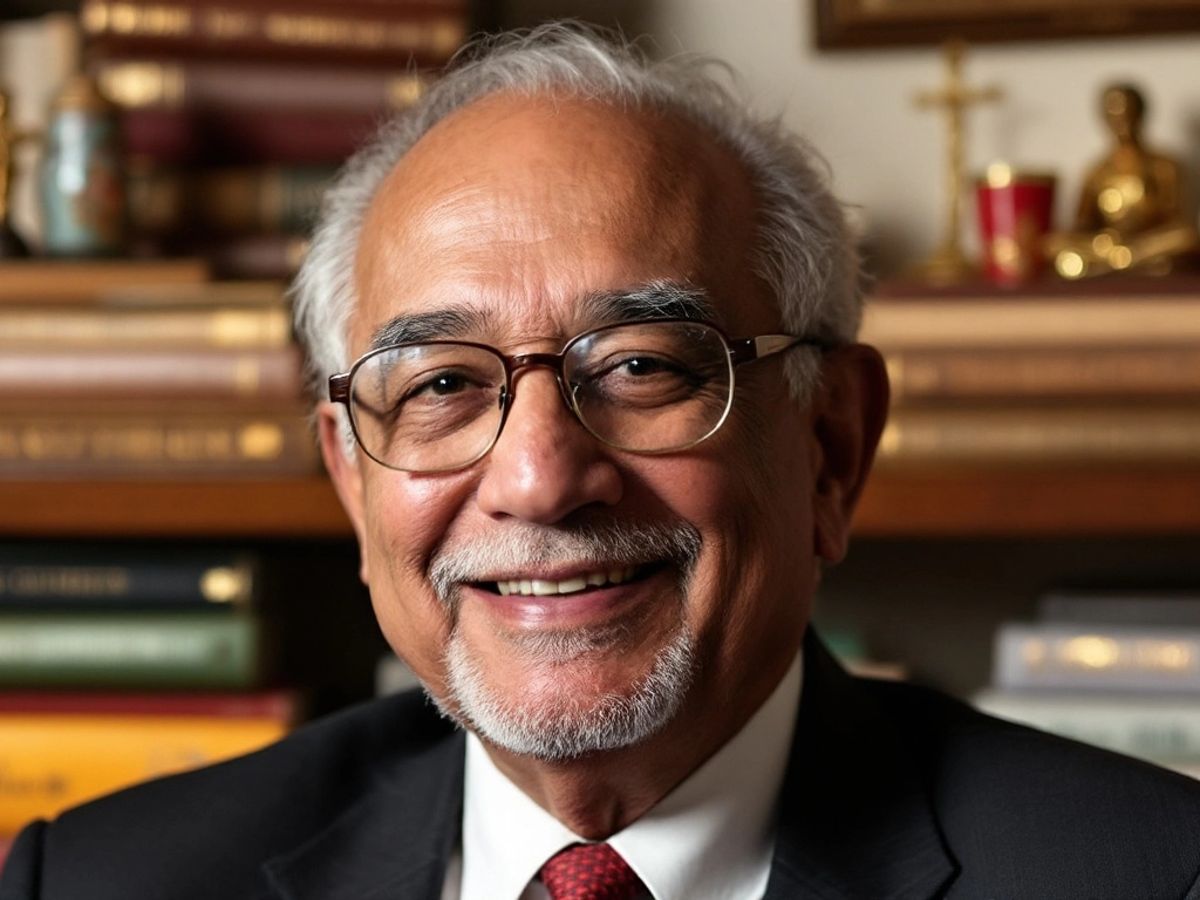Gustavo Gutierrez, a prominent figure in Christian liberation theology and a champion for the marginalized, has passed away at the age of 96 in Lima, Peru. His work profoundly influenced the Catholic Church in Latin America, advocating for the poor and oppressed.
Key Takeaways
- Gustavo Gutierrez, known as the father of liberation theology, died at 96.
- His seminal work, "A Theology of Liberation," reshaped church doctrine in Latin America.
- He emphasized the need for social justice alongside spiritual salvation.
- Gutierrez inspired many, including Archbishop Oscar Romero, who was assassinated for his activism.
- The Vatican’s stance on liberation theology evolved, especially under Pope Francis.
Life And Legacy
Gustavo Gutierrez was born in 1928 in Lima, Peru. He became a Dominican priest and theologian, dedicating his life to advocating for social justice. His 1971 book, "A Theology of Liberation," argued that Christian salvation must address both spiritual and material needs, asserting that the future of history belongs to the poor and exploited.
Gutierrez’s ideas emerged during a tumultuous period in Latin America, marked by inequality and political oppression. His work resonated with many who were disillusioned by the status quo, leading to a movement that sought to align Christian teachings with the struggles of the marginalized.
Influence On The Church
Gutierrez’s theology attracted both admiration and criticism. Initially, the Vatican condemned liberation theology, associating it with Marxism. However, Gutierrez himself was never formally disciplined. He maintained that while there were challenges, the core message of liberation theology remained intact.
His influence extended beyond academia and into the lives of many activists. Notably, he inspired figures like Salvadoran Archbishop Oscar Romero, who became a martyr for his defense of human rights during the civil conflict in El Salvador.
A Shift In Vatican Perspective
The arrival of Pope Francis, the first Latin American pope, marked a significant shift in the Vatican’s approach to social justice. Under his leadership, there has been a renewed focus on the teachings of liberation theology. In a letter to Gutierrez on his 90th birthday, Pope Francis expressed gratitude for his contributions to the Church and his unwavering commitment to the poor.
Remembering Gutierrez
Archbishop Carlos Castillo, Lima’s cardinal-designate, reflected on Gutierrez’s life, describing him as a humble priest who prioritized the Gospel over material wealth. He noted Gutierrez’s ability to convey profound theological insights with strength and courage, despite his modest stature.
Gustavo Gutierrez’s passing marks the end of an era for liberation theology, but his legacy will continue to inspire future generations to advocate for justice and equality in the name of faith. His work remains a testament to the power of theology to effect social change and uplift the voices of the marginalized.
Sources
- play, Al Jazeera.






